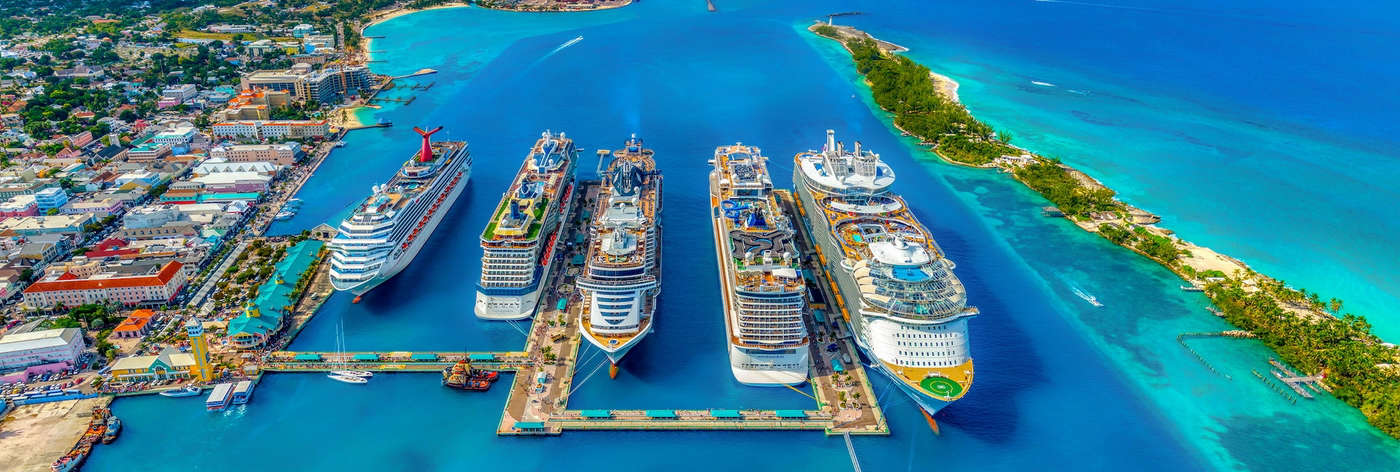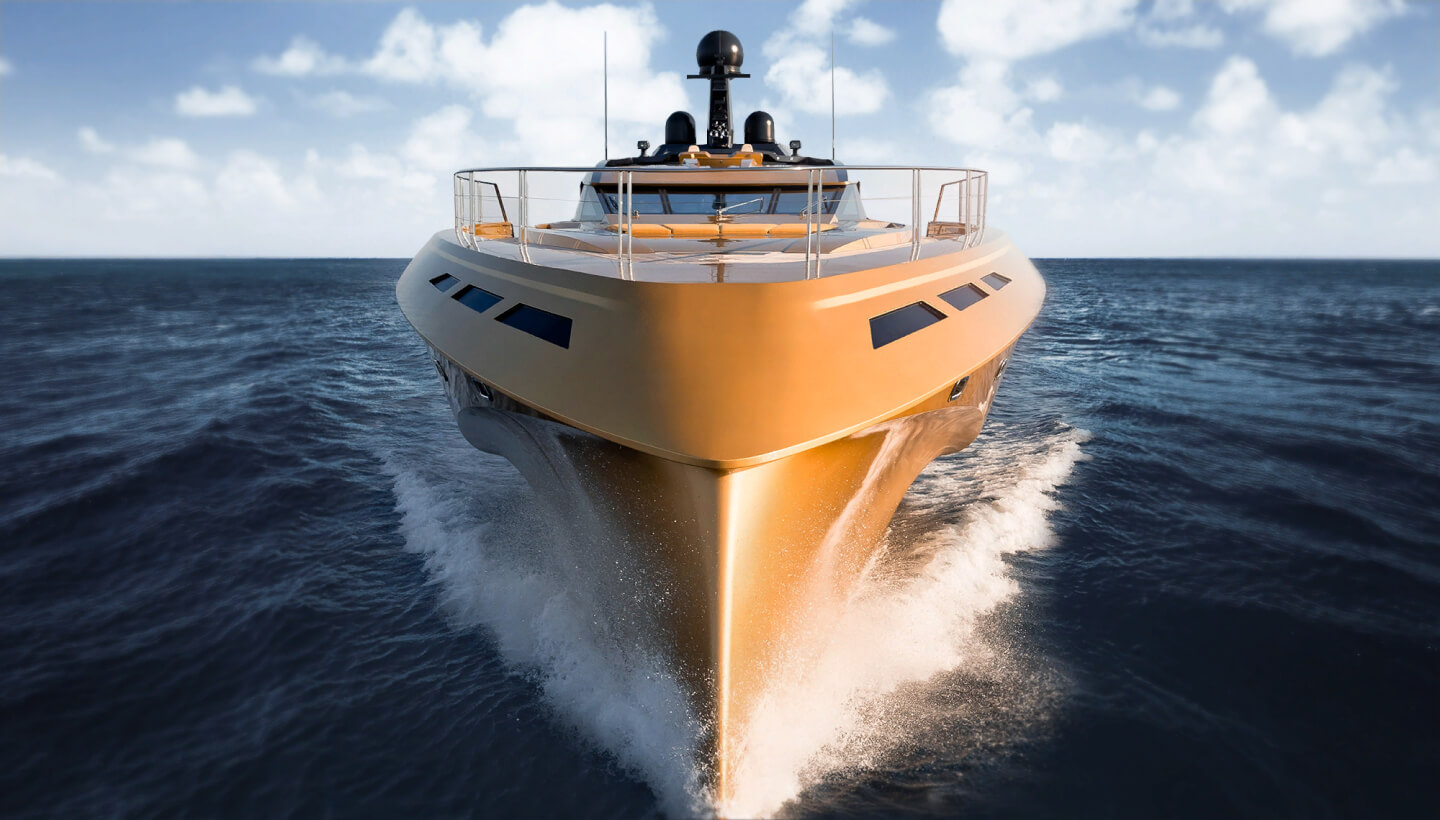
Yacht Basics: Boat, Yacht, Superyacht, and Ship
Navigating the terms yacht, boat, and ship can be complex. Marine terminology is vast and often confusing, particularly when distinguishing between various types of vessels. Even within professional contexts, the nuances between yachts and boats are sometimes unclear. This article provides a comprehensive overview, with yacht classifications clarified and boat types explained in detail.
Unpacking the Etymology and Meaning of 'Yacht'
The word “yacht” originates from the Dutch word "jacht", meaning “to hunt.” It initially referred to fast, agile vessels used to chase pirates along coastal waters. Over time, the purpose of a yacht shifted from practicality to recreation. By the 17th century, Dutch nobility began using yachts to entertain guests, and the British royal family soon followed. King Charles II famously popularized yachting as a leisurely pursuit, setting the stage for its modern association with luxury.
Today, the purpose of a yacht centers on comfort, pleasure, and high-end leisure. This evolution gave rise to the concept of luxury yachts, now equipped with features like private cinemas, swimming pools, gourmet kitchens, and advanced onboard amenities.
Yacht vs. Boat
One of the most common areas of confusion involves the differences between yachts and boats, especially when it comes to vessel size and layout. While no universal standard exists, yacht length standards typically start at around 12 meters (40 feet), though vessels far exceeding this size are often showcased at international events such as the Fort Lauderdale International Boat Show. Conversely, boats typically fall below this threshold and vary significantly in size and purpose.
The yacht size criteria often align with specific luxury facilities and amenities, such as spacious cabins and decks, multiple lounges, galleys, and even swimming pools. In contrast, boats tend to feature simpler layouts with minimal amenities, prioritizing function over comfort.
The design differences between yachts and boats extend beyond size. Yachts usually incorporate more complex systems, including multiple engines, advanced navigation tools, and comprehensive electrical and plumbing installations. These systems lead to higher yacht crew requirements, often involving professional captains, engineers, chefs, and stewards to ensure smooth operations and guest comfort.
Many boat types, on the other hand, emphasize utility and ease of use. These include fishing boats, speedboats, and small recreational vessels. When conducting a boat usage comparison, it becomes clear that boats are most commonly employed for short-distance transport, recreational activities, and fishing, with lower maintenance needs and simpler operation.
Cost is another major differentiator between yachts and boats. Yacht and boat cost differences reflect disparities in size, complexity, and luxury facilities. Companies like Clipper Marine, which specialize in selling both sailing yachts and motorboats, showcase a wide range of these vessels at exhibitions and through their dealerships. Yachts - especially superyachts - command higher purchase prices and operational costs due to their extensive luxury yacht features and professional crew needs.
Regulatory differences also come into play. Yachts over a certain size - typically those exceeding 24 meters (80 feet) - are subject to international maritime regulations and classification by organizations such as the International Maritime Organization (IMO) or Lloyd’s Register. These vessels must comply with strict safety and certification standards. Boats, by contrast, usually fall under national or local laws, which are generally less stringent.
Yacht vs. Ship
While yachts and boats are often compared, the term “ship” represents a distinct category of large ocean-going vessels designed primarily for commercial, military, or industrial purposes. Ships include container ships, cruise ships, naval destroyers, and research vessels, all characterized by size, endurance, and operational complexity.
Ships operate under rigorous legal frameworks such as the SOLAS conventions, requiring dedicated bridge teams, engineering departments, and safety officers. Yachts, although sometimes very large and sophisticated, remain private leisure vessels designed primarily for recreation rather than commercial transport or military use. Thus, the differences between yachts and ships extend beyond size to include their fundamental purposes - recreation versus the operational, often industrial roles fulfilled by ships.
Yacht vs. Superyacht
A superyacht represents the upper echelon of yachts, distinguished by size - typically vessels over 30 meters (98 feet) - and unmatched luxury. They boast fully customized interiors, multiple decks, and a wealth of amenities, including helipads, private cinemas, spas, gyms, onboard nightclubs, swimming pools, and even recreational features like golf or basketball setups.
Superyachts also stand out for their extensive yacht crew requirements, often employing up to 50 professionals to ensure personalized service and seamless maintenance. The onboard facilities comparison between standard yachts and superyachts highlights a significant leap in comfort and exclusivity. Despite their size, superyachts often host only a dozen or fewer guests, ensuring a high crew-to-guest ratio and a truly bespoke luxury experience.
Ownership of superyachts typically involves ultra-high-net-worth individuals, and these vessels are frequently chartered for exclusive events, vacations, or business retreats, embodying a complete floating resort rather than mere transportation. At prestigious international boat shows, shipyards such as Benetti showcase some of the most impressive superyachts, demonstrating the pinnacle of craftsmanship and luxury achievable today.

A Matter of Lifestyle
Contact us today to embark on your extraordinary yacht charter journey!
Understanding the differences between a yacht, a boat, and a ship involves more than just vessel size - it’s about function, classification, luxury level, and lifestyle. Whether you're drawn to the simplicity of a recreational boat, the elegance of a mid-range yacht, or the extravagance of a fully-staffed superyacht, knowing the yacht vs boat differences empowers you to make informed decisions - whether for purchase, charter, or conversation.
As you immerse yourself in this world - by studying marine terminology, attending international boat shows, or exploring shipyards like Feadship - you’ll gain a deeper appreciation for what sets these vessels apart. From boat types to yacht amenities, the seas offer a vast spectrum of experiences, each tailored to different passions, purposes, and budgets.
Boat shows remain the epicenter for showcasing the best in yachts and boats, where the latest trends in design, technology, and luxury facilities are unveiled. Events like the Monaco Yacht Show, the Dubai International Boat Show, the Miami International Boat Show, and the Cannes Yachting Festival are prime examples of these prestigious gatherings. Whether it’s a small boat or a grand superyacht, these events highlight the diversity and excitement found in the world of yachts and boats.
Ready to embark on your next voyage? Explore our collection of exclusive yachts and superyachts, designed to deliver exceptional experiences on the water.
